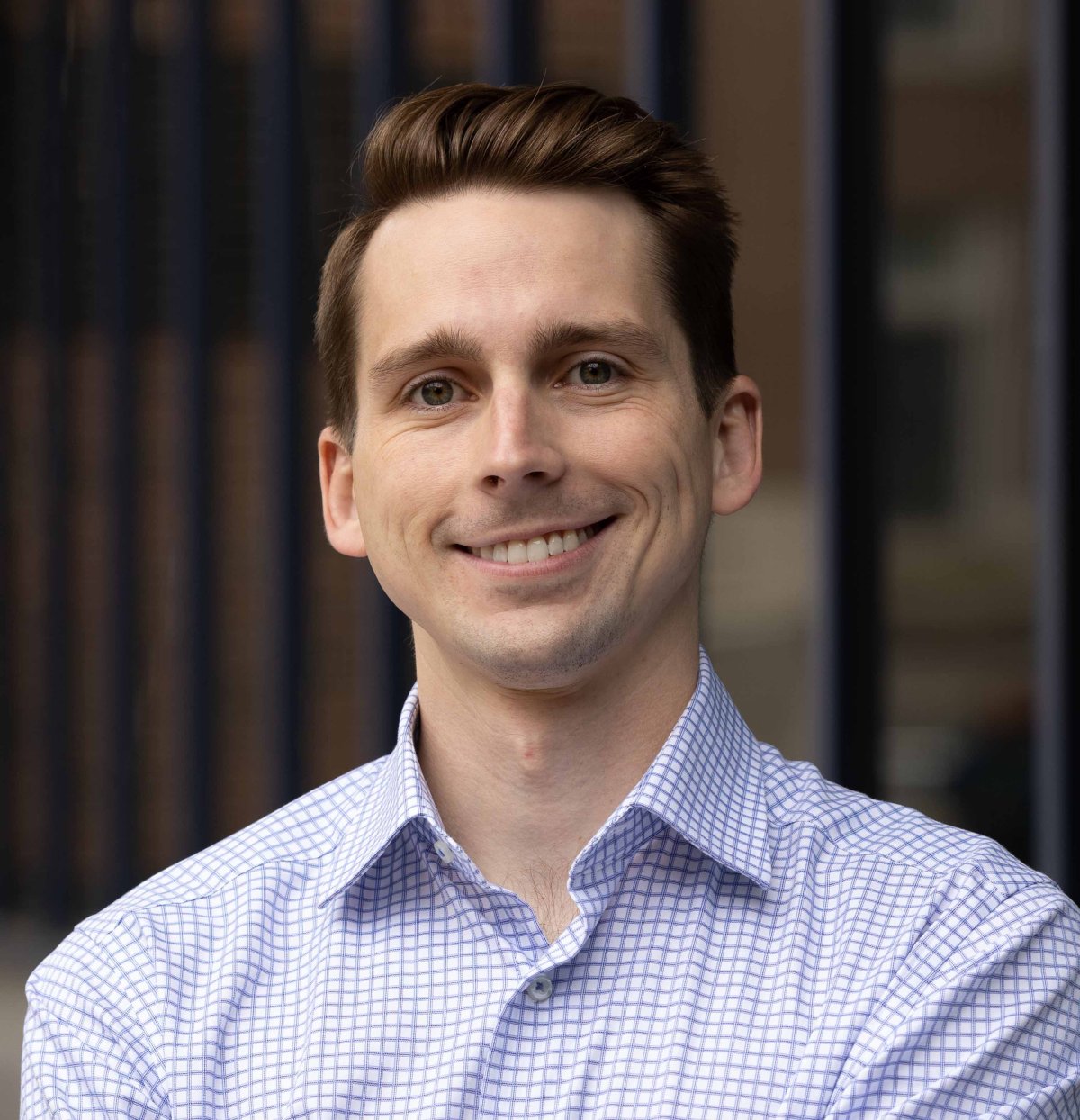We are a computational research group working to accelerate the discovery and design of solid-state materials of critical importance to sustainable energy technologies (batteries, photovoltaics, catalysts, ceramics, and more).
Our work lies at the intersection of quantum chemistry and machine learning, where these tools are used together to develop predictive theories for solid-state reactivity. In doing so, we can design synthetic pathways to novel materials and understand how materials may degrade when implemented in devices, bridging the gap between computational models and commercial technologies.
We approach the design of inorganic crystalline solids by integrating electronic structure theory, applied thermodynamics, solid-state chemistry, and data science. The predictions we make are developed and tested through close collaboration with experimental groups as we work to improve our understanding of fundamental chemical and materials engineering challenges.
Research Areas:
Research Group

